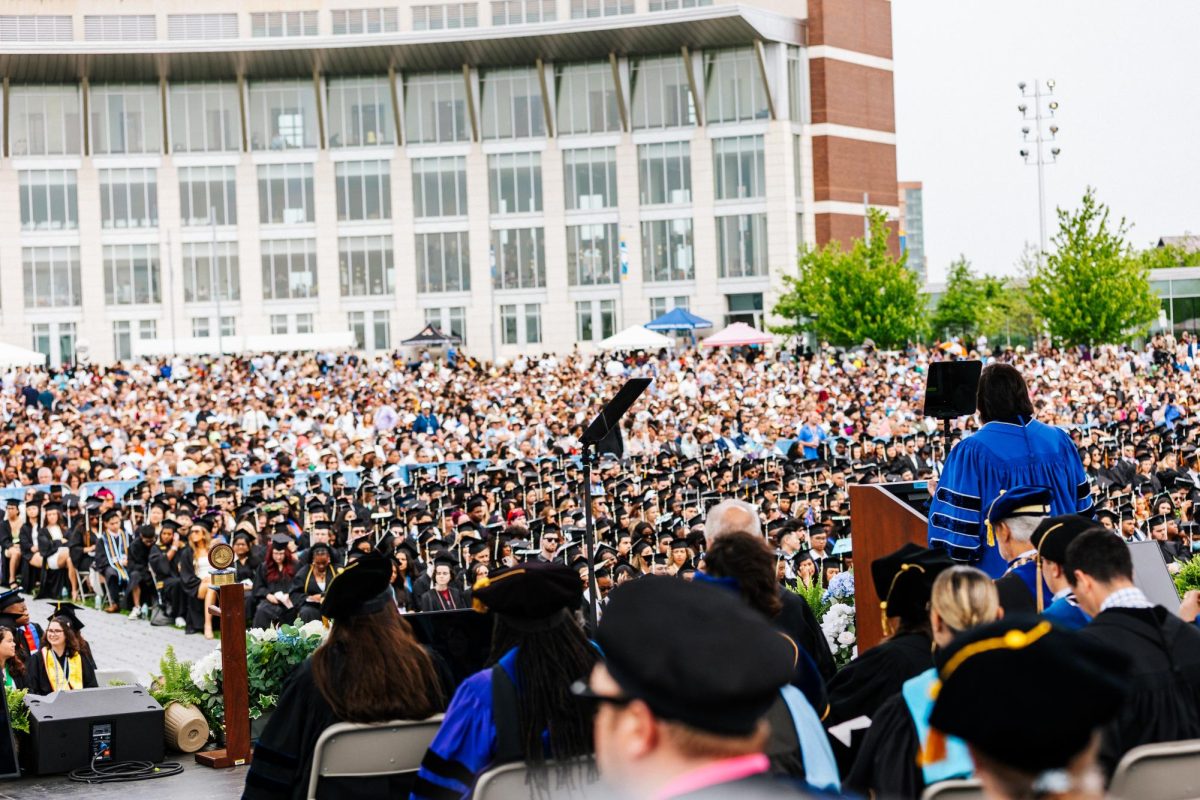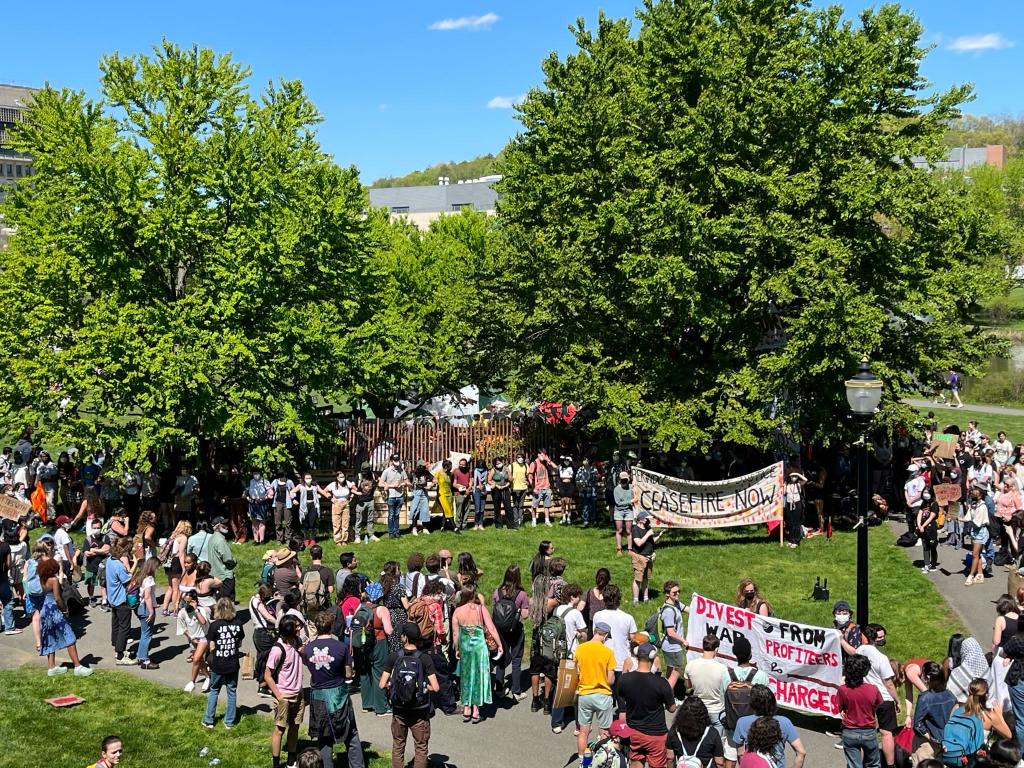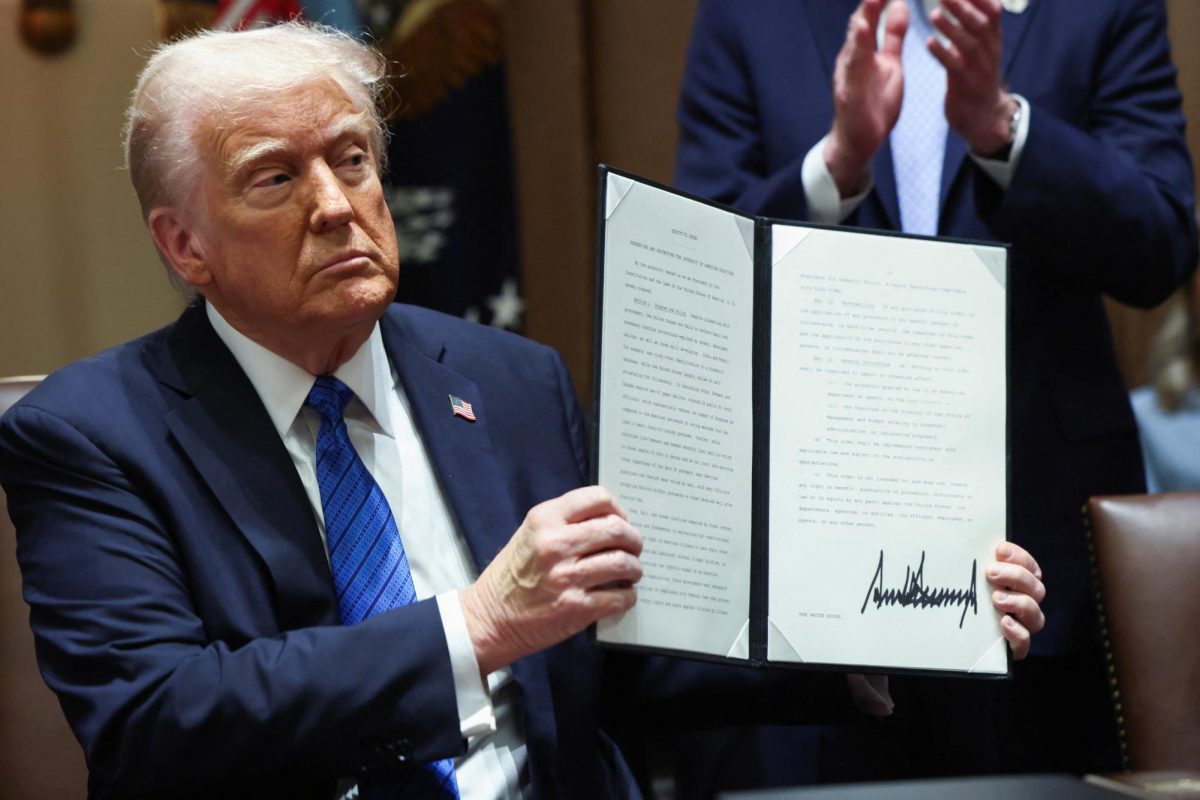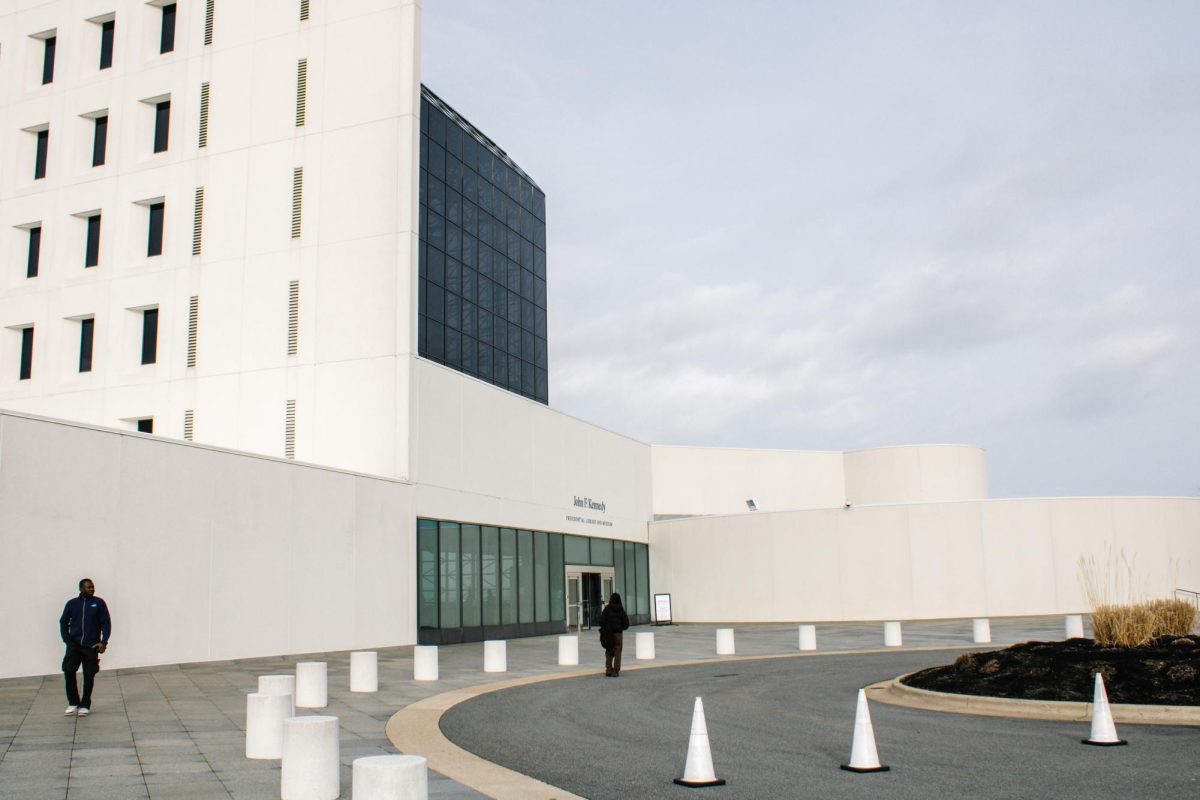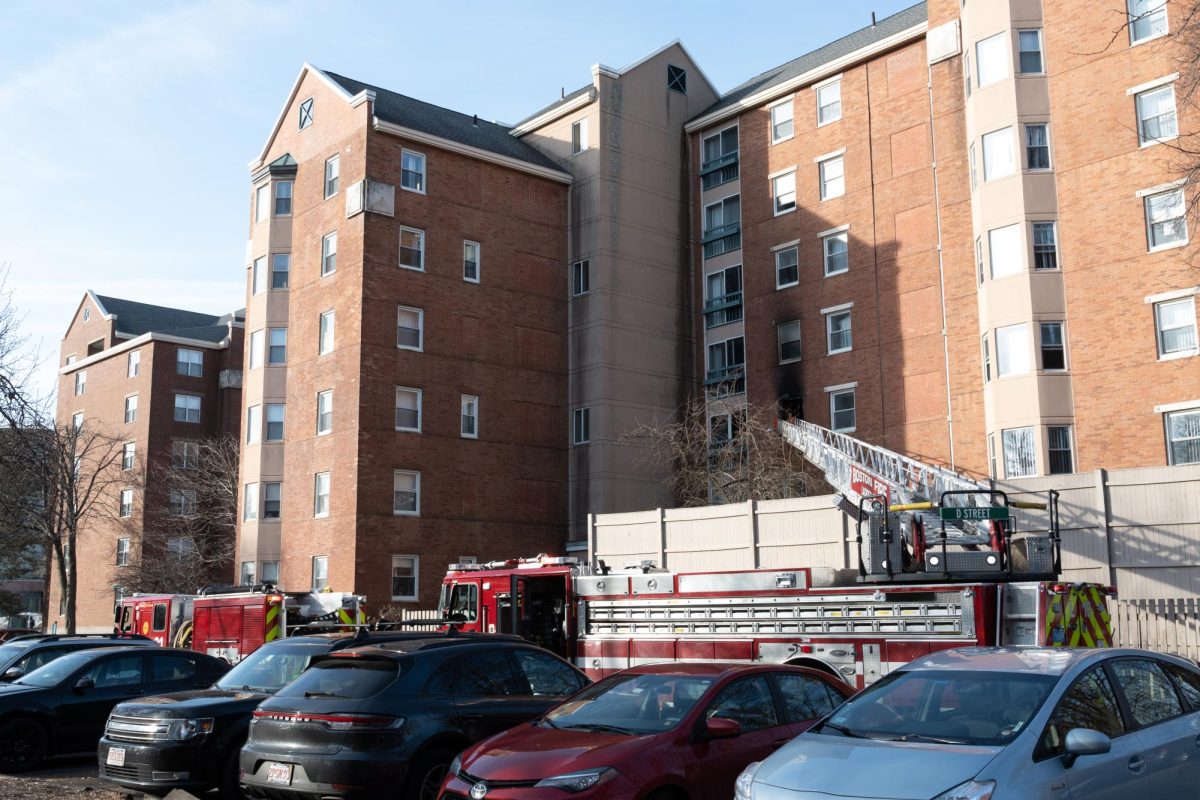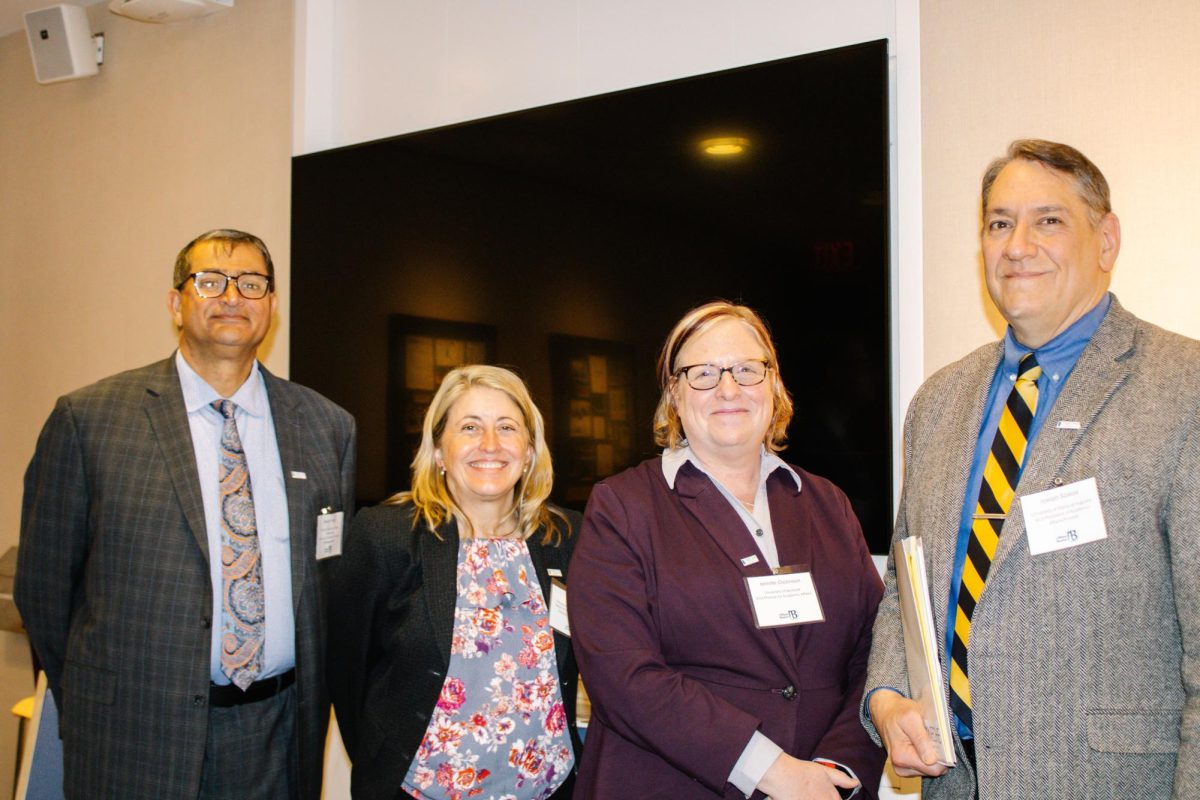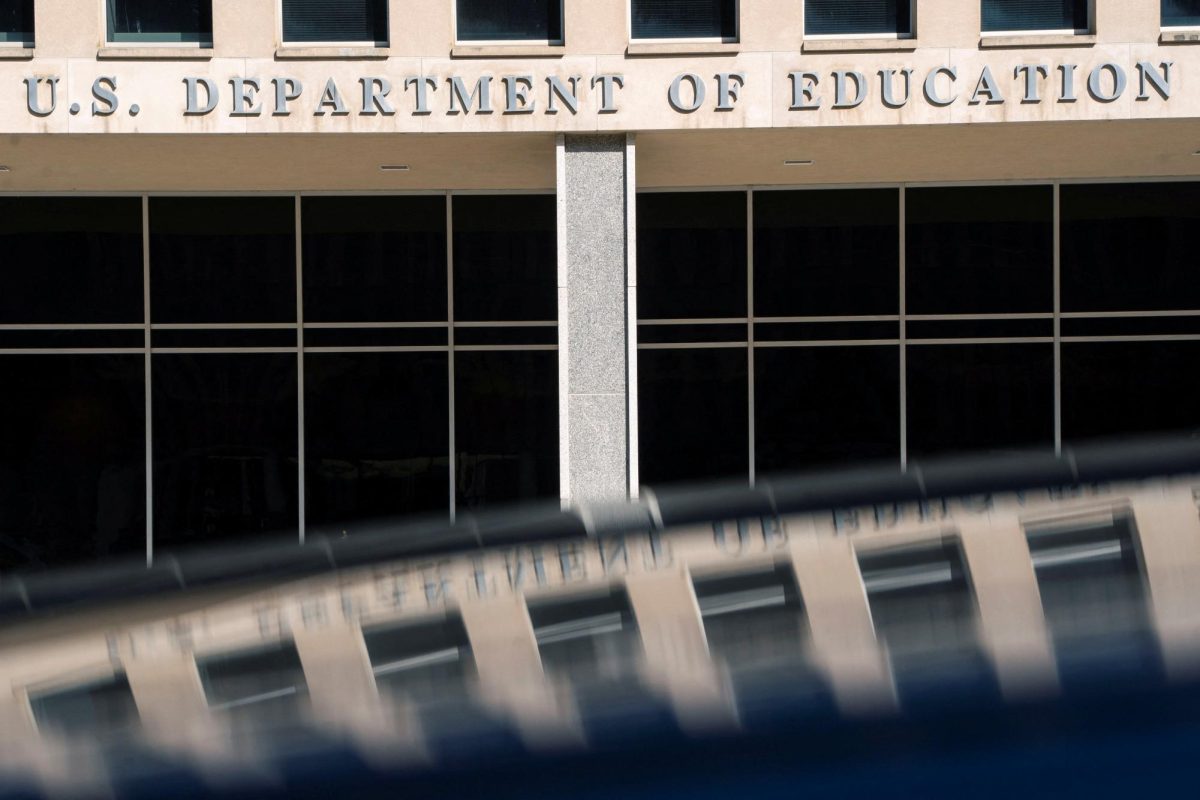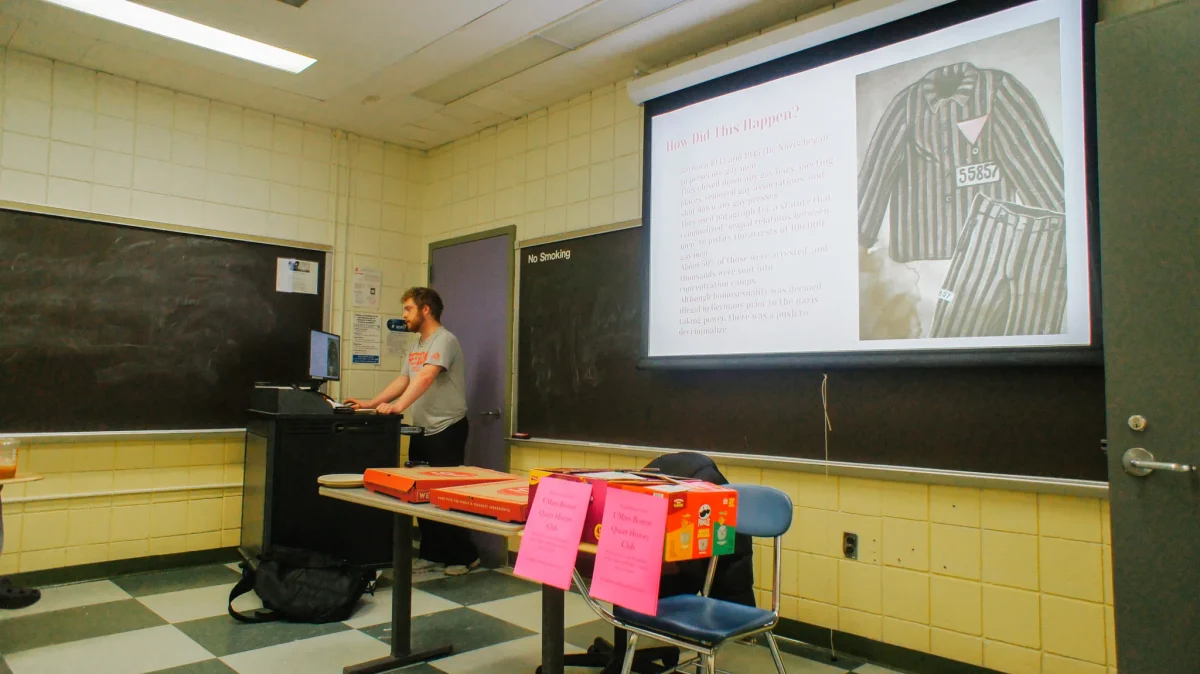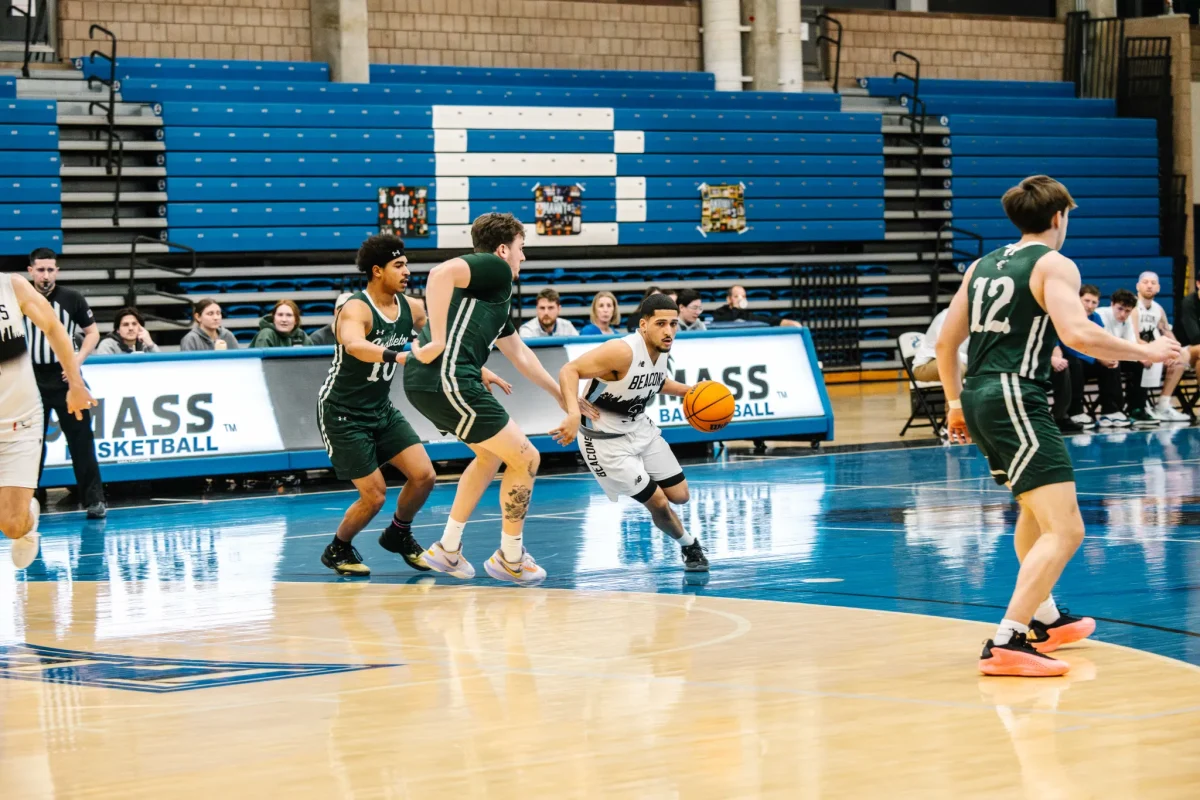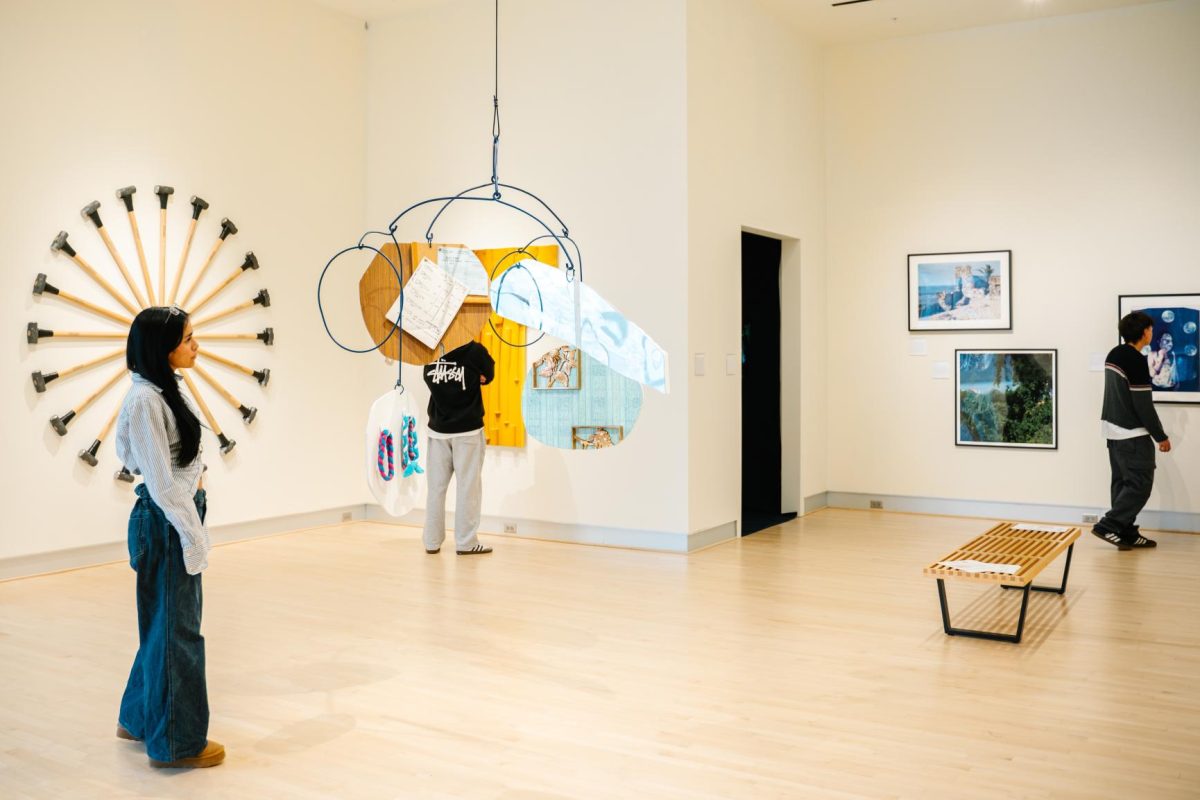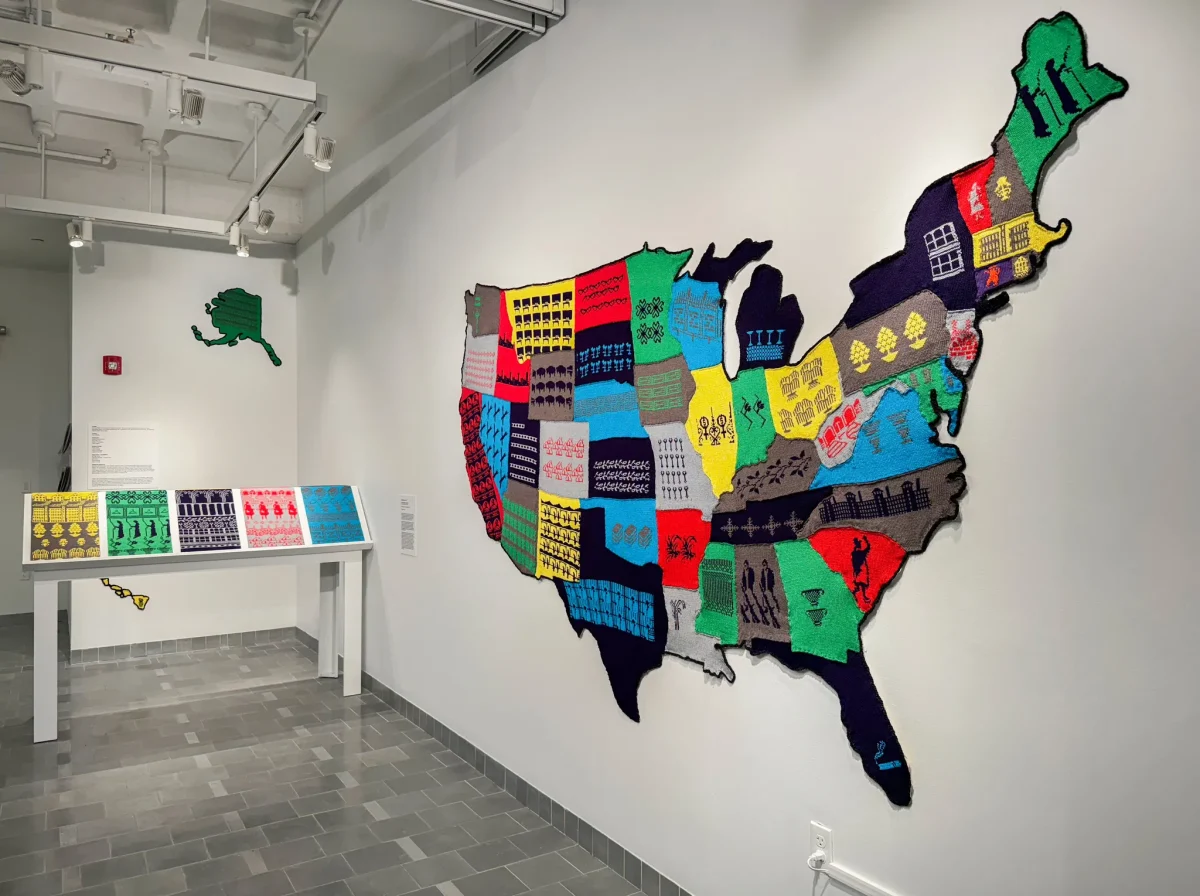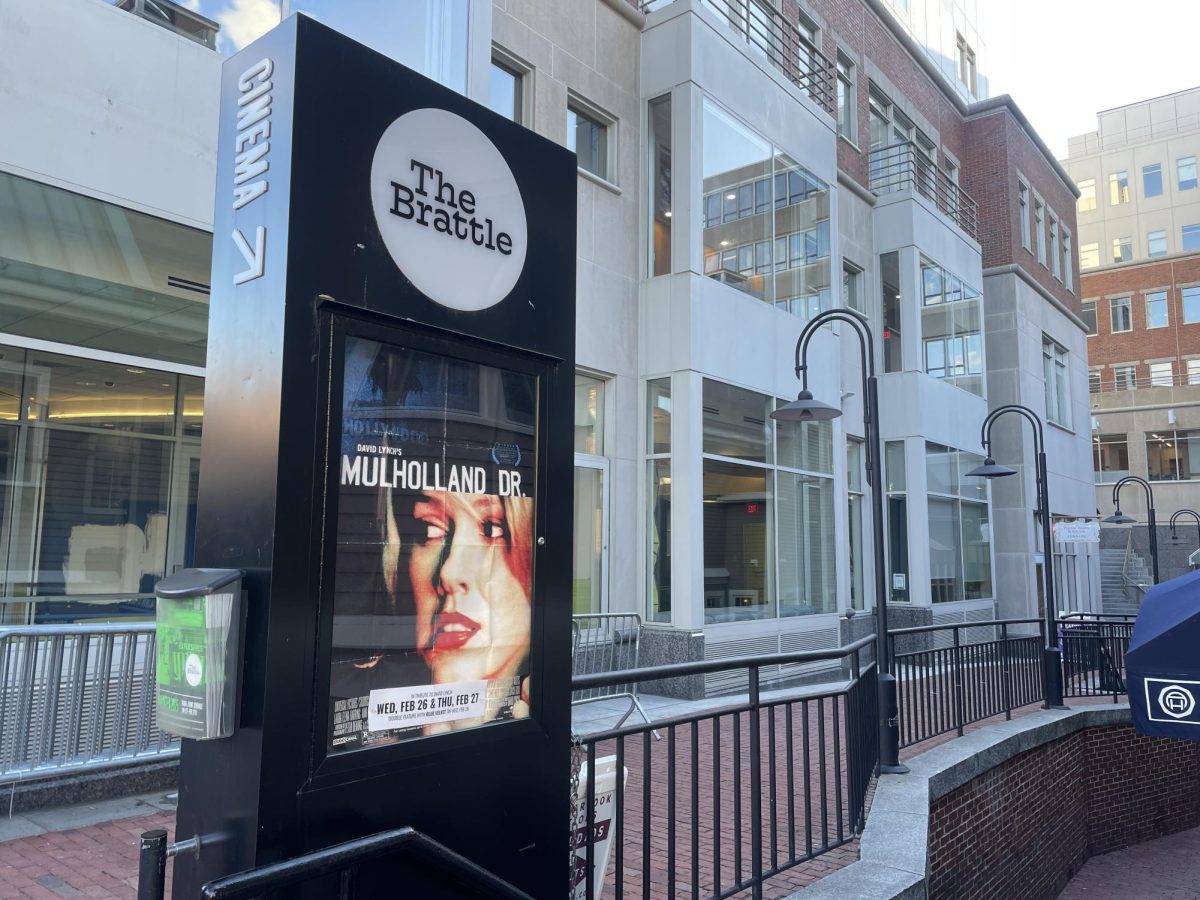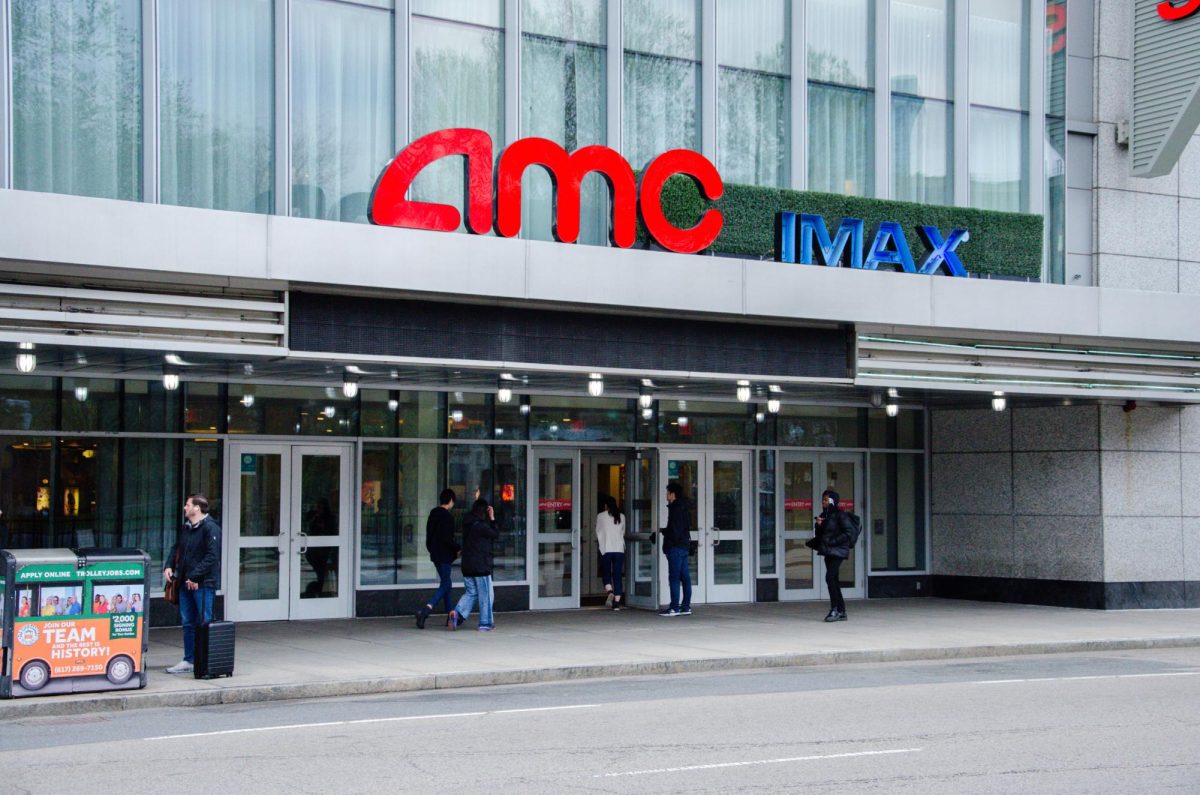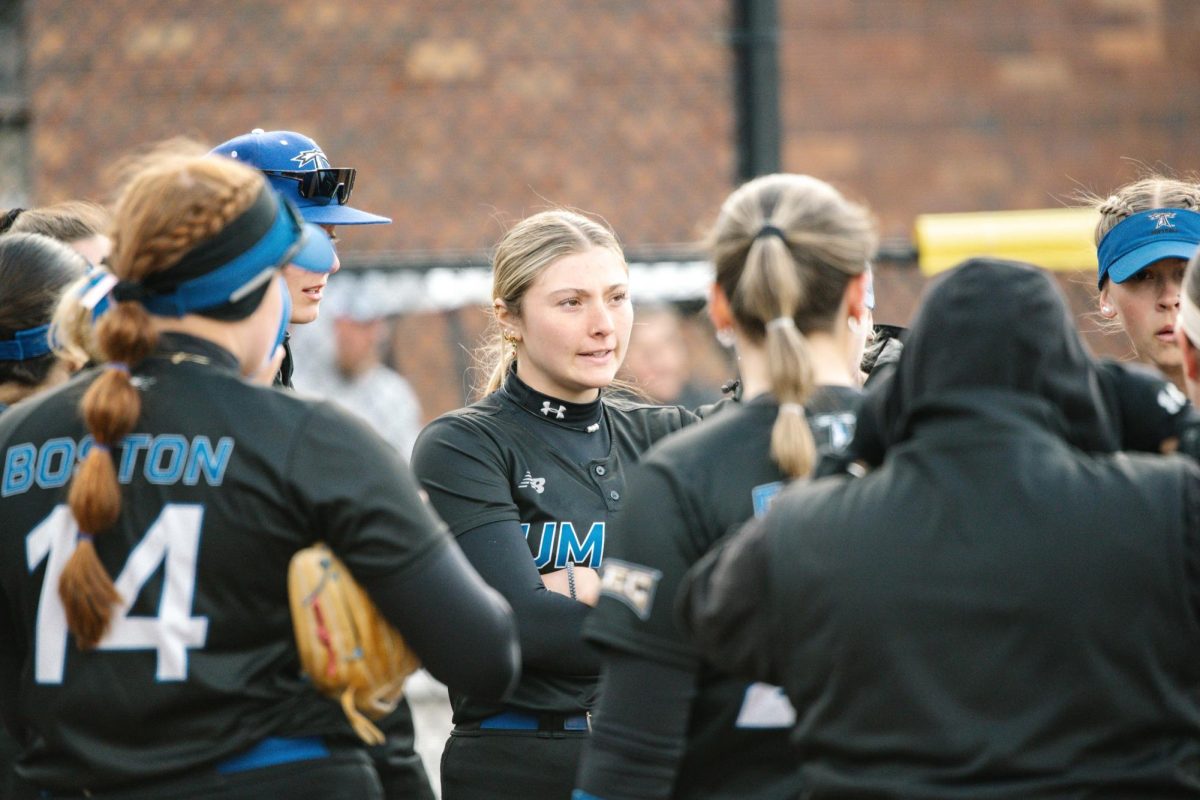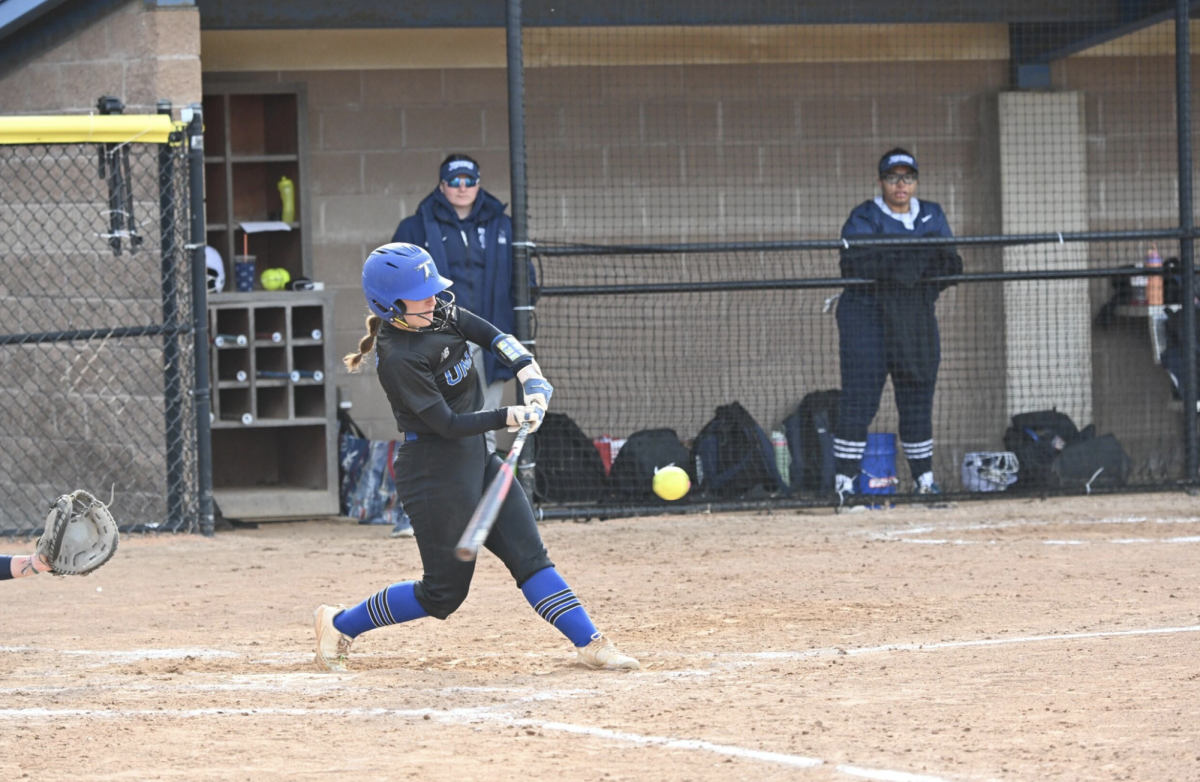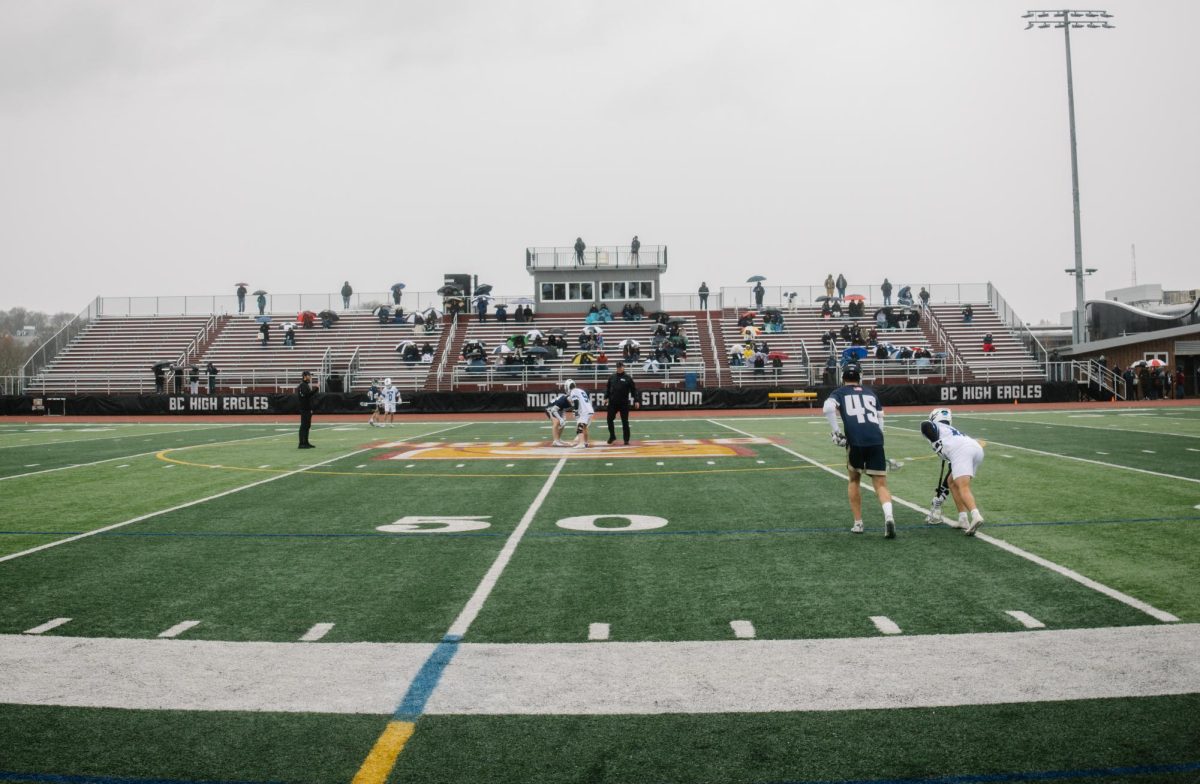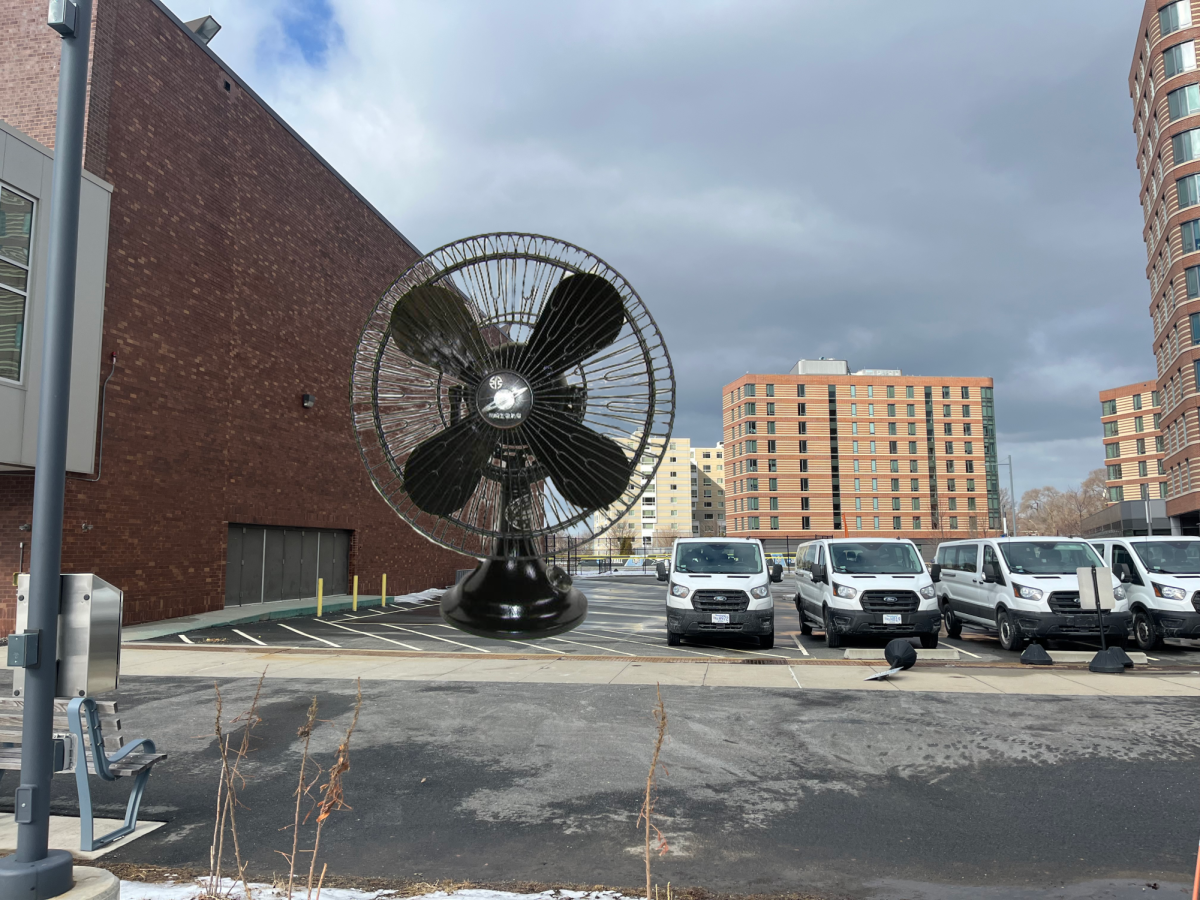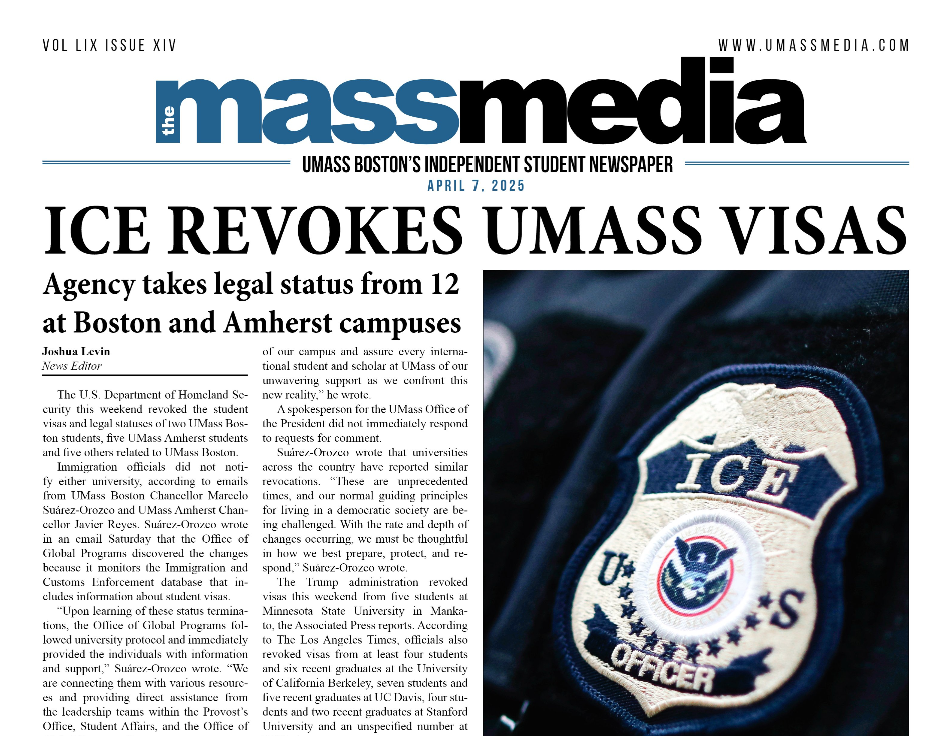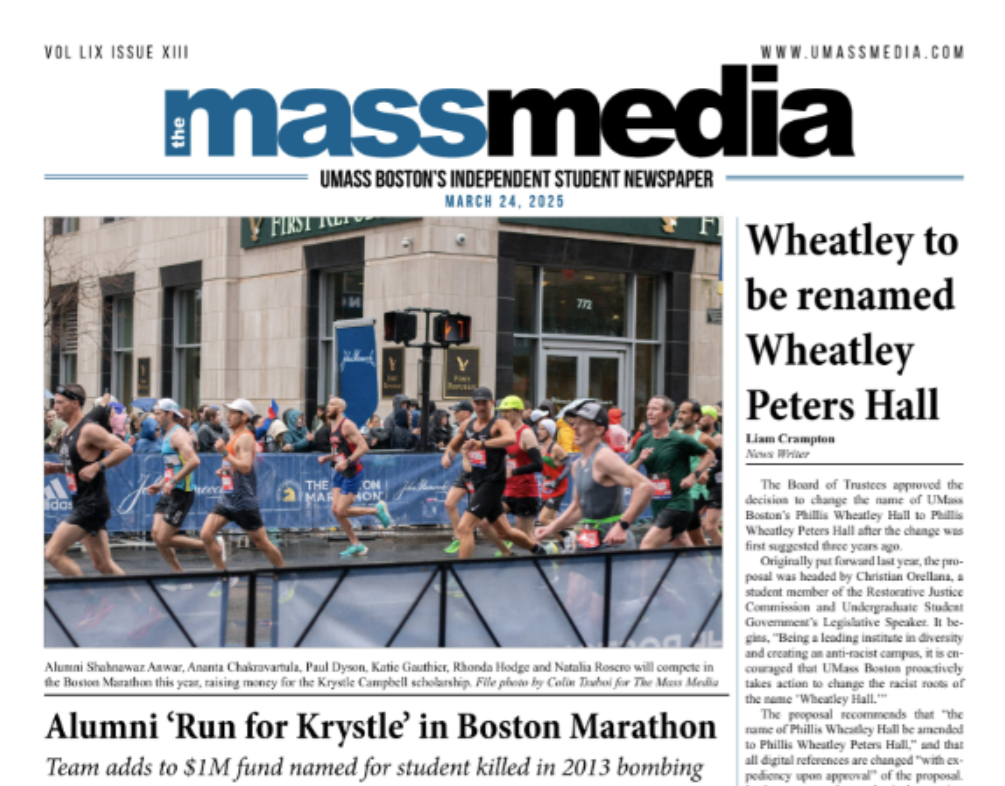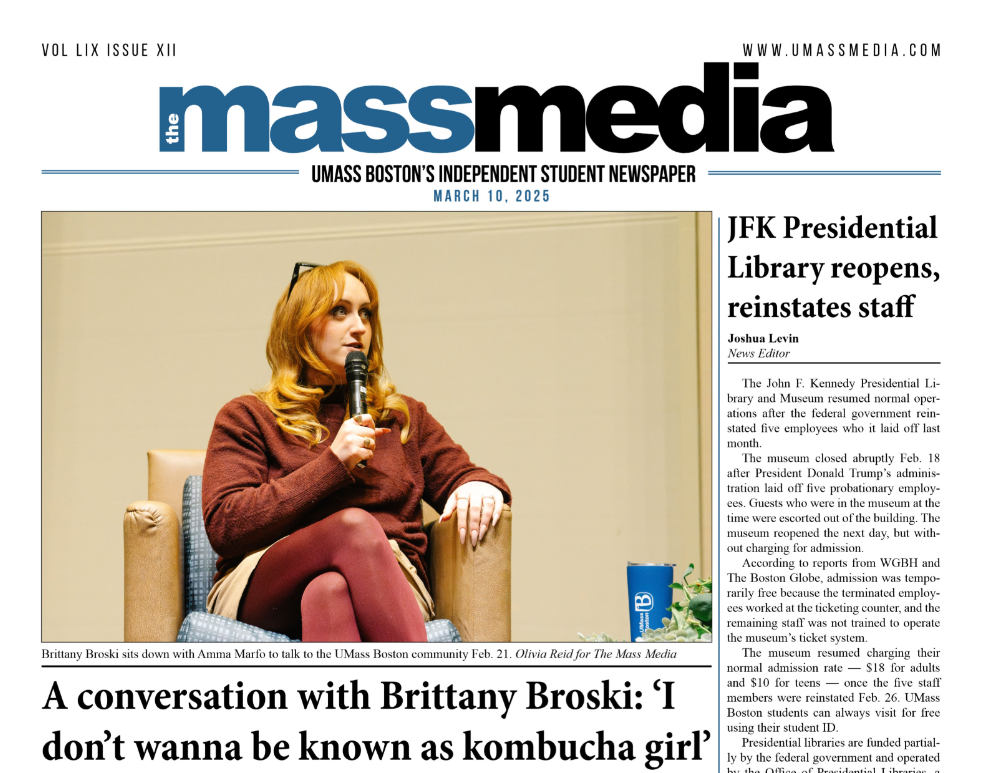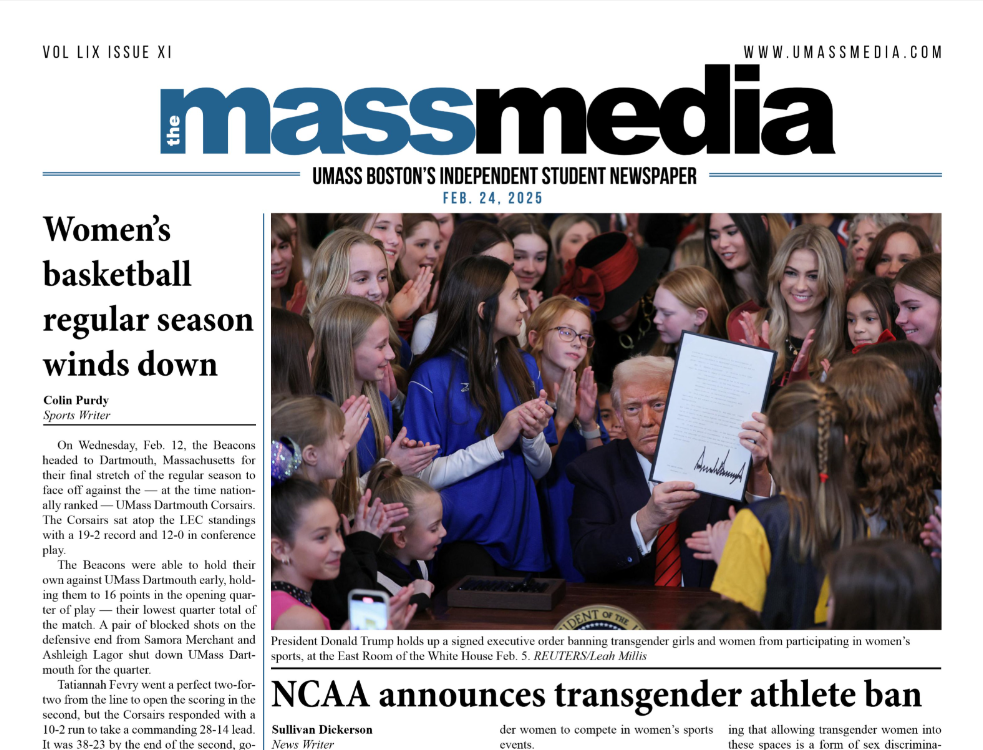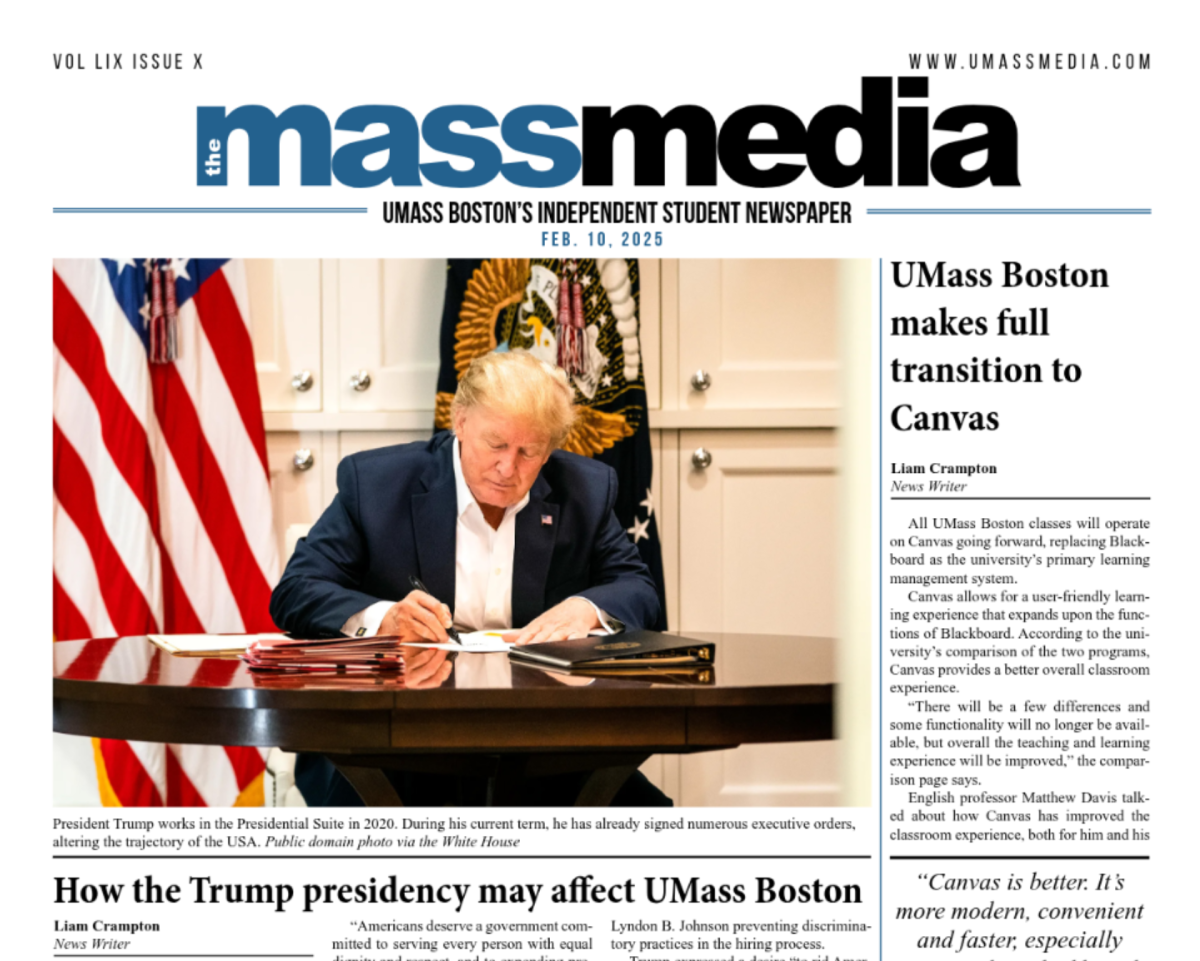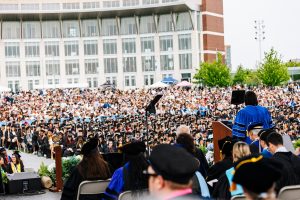CPCS Faculty, Gora Meet: Admissions Officer Announced
December 12, 2003
College of Community and Public Service (CPCS) faculty and UMass Boston administration officials met the first week of December to discuss current issues facing the college, according to those who attended.
The meeting, held days after a Sunday Boston Globe article on the admissions troubles of CPCS, was strictly between Chancellor Jo Ann Gora and the college’s undergraduate faculty, and included the announcement of a full-time admissions officer for the college.
Administration officials and some CPCS faculty members described the meeting favorably.
Ken Lemanski, the new associate chancellor who attended the meeting with Gora, stated it was a “frank discussion about current issues,” where she reiterated her support for the college, keeping in mind the realities of the budget cuts and current trends in education.
The chancellor spent a half-hour talking about CPCS and her support for the college, followd by a half-hour of fielding questions from a packed room.
The resignation of Dean Ismael Ramirez-Soto, which made local headlines, did not come up. Ramirez-Soto, now a faculty member, did not attend the meeting. Undergraduate Faculty Chair Terry McLarney says he doesn’t know whether it wasn’t brought up because it had been “discussed to death” or if it was the “elephant in the room.”
Most agreed that this meeting was different in tenor from the one in April, which left many CPCS members hurt and outraged. Many present stated that although some of the subjects were the same, they had a different tone, and most did not consider it a retread of April.
Professor McLarney, while saying that others may disagree, called it “constructively engaging,” and compared to the April meeting, a “real conversation.”
For Professor Vicky Steinitz, the meeting was “not particularly memorable,” but different from April, which was “more angry” and “confrontational.”
“This was an effort on [Gora’s] part to try to effect some conciliation” and an attempt to establish that she had some commitment to the college, Steinitz said, adding, “I do believe she’s operating under a lot of constraints.”
Professor Barry Phillips said the meeting was “positive,” and stated that the chancellor spoke to the college’s faculty “with more respect than shown in the past.”
But Phillips also took Gora to task for what he saw as a “pattern since she first arrived.” The chancellor is incapable of accepting responsibility, “for anything but success,” he said. There was no taking responsibility, he continued, “for the level of tension people of color” had experienced, no taking responsibility for the unhappiness she caused in “not understanding the university’s mission,” and no taking responsibility for the “upheaval” in administration offices across campus.
Speculation among some points to Associate Chancellor Lemanski as a major factor in the meeting’s positive tone.
“The meeting may have said more about him than about her,” said a CPCS faculty member who asked not to be named, noting that the sense was that Lemanski played a “substantial bit” in Gora’s presentation, as well as in preparing Gora for the questions from the audience and how to best respond to them.
Lemanski downplayed the notion. While he had previously met with some CPCS faculty members, he says, he decided to go to the meeting, where he was introduced by Gora and acted mainly as an observer, only at the last minute.
The most dramatic moment during the meeting was the announcement of a commitment to talk with the college about a full-time admissions staff person for CPCS, which the college had long been lobbying for even before Gora had arrived on the Boston campus.
The case for the request was legitimate, said administration officials, and Provost Paul Fonteyn and Vice Chancellor of Enrollment Kathleen Teehan have both been in talks with each other and CPCS for the last month to work out the details for such a position, though it’s not at the point where they can announce if someone has been hired. Issues, such as whether to get someone from in-house or a new hire, will be discussed in upcoming meetings.
CPCS had a special admissions person up until the mid-1990s who primarily dealt with the provost’s office. Though there is a part-time person who’s working in admissions, CPCS faculty members say that enrollment has been sliding since they lost that full-time staff member.
Fonteyn said he was happy that a full-time admissions staffer was being conceived for CPCS and also spoke briefly on the subject of the search for a new dean for the college. Connie Chan, who is doing a “good job,” says Fonteyn, has been working as interim. Fonteyn has plans to set up a search committee in the spring and a nation-wide search in the fall.
The meeting between Gora and CPCS faculty is the third or fourth in a series held with departments across campus by Gora. She is said to be expecting to do it periodically and wanted to start early with CPCS because of the recently raised issues.
The effect of the meeting will be seen in the coming months with an evaluation of the school for accreditation and a three-year review of Gora on the horizon.
“We want to see if actions will follow words,” said Professor Phillips.
Steinitz agreed. “My only feeling is that [Gora’s commitment to the college] needs to be demonstrated through some action, not just words,” she said.


